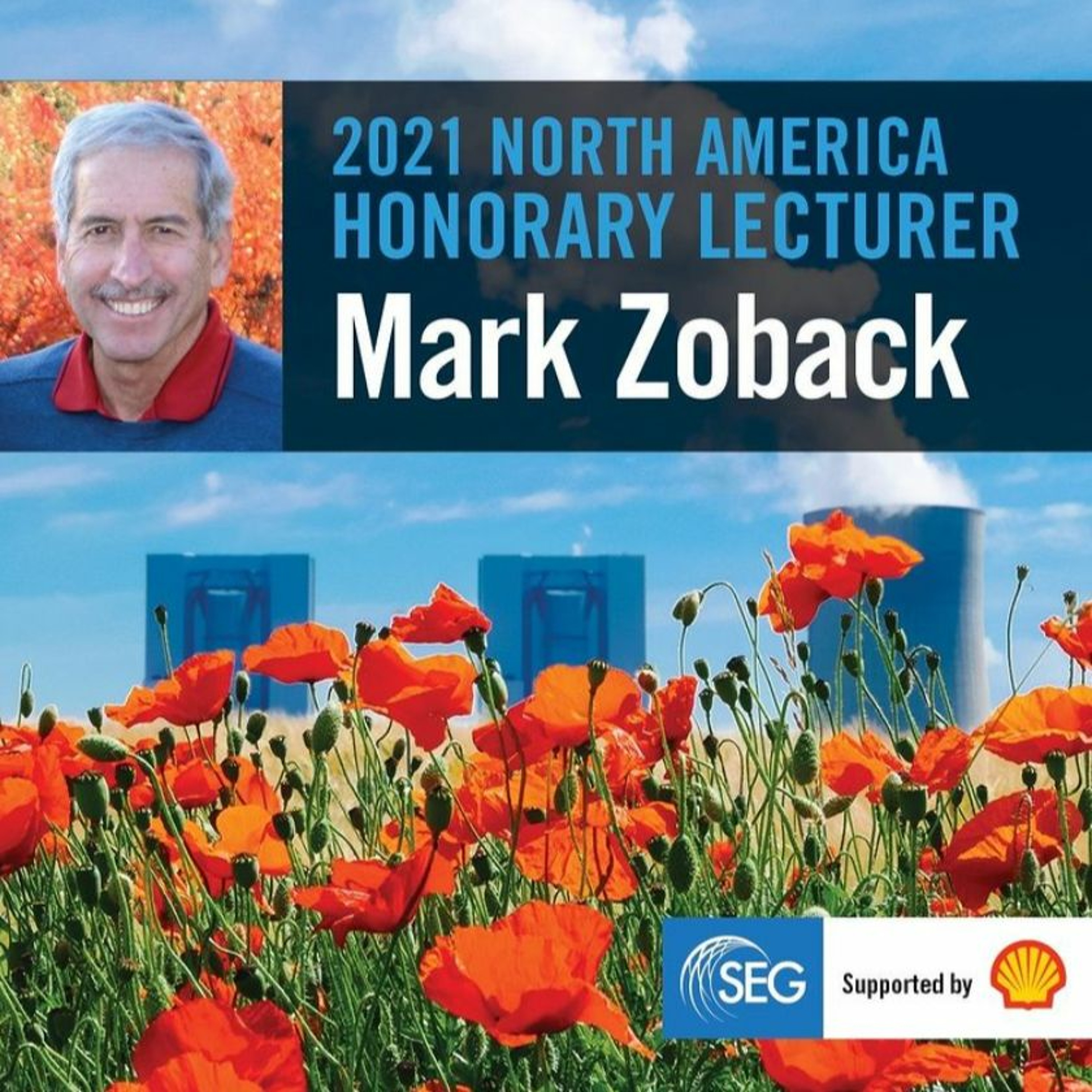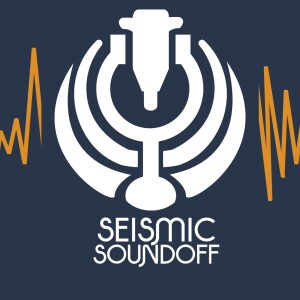
132: The essential role of industry for long-term CO2 storage
 2021-11-11
2021-11-11
Download
Right click and do "save link as"
Mark Zoback discusses his Honorary Lecture, "Geomechanical Issues Affecting Long-Term Storage of CO2."
In this episode, Mark highlights how oil and gas companies are best positioned to address the needs for large-scale carbon storage. He discusses the role of depleted oil and gas reservoirs for CO2 storage, as well as the geomechanical issues that have to be considered. Mark also shares what is most essential to unlocking long-term CO2 storage and how government officials and companies can work together. This is a timely conversation that addresses real-world needs with the geophysical knowledge to solve problems.
Visit https://seg.org/podcast to find the link to listen to Mark's lecture.
BIOGRAPHY
Mark D. Zoback is the Benjamin M. Page Professor of Geophysics at Stanford University, Director of the Stanford Natural Gas Initiative, and Co-Director of the Stanford Center for Induced and Triggered Seismicity, and the Stanford Center for Carbon Storage. Zoback conducts research on in situ stress, fault mechanics, and reservoir geomechanics with an emphasis on shale gas, tight gas, and tight oil production as well as CO2 sequestration. He is the author of two textbooks and the author/co-author of approximately 400 technical papers. Zoback has received a number of awards and honors, including election to the U.S. National Academy of Engineering in 2011 and the Robert R. Berg Outstanding Research Award of the AAPG in 2015. He was the 2020 chair of the Society of Petroleum Engineers Technical Committee on Carbon Capture, Utilization, and Storage.
SPONSOR
This episode is brought to you by CGG.
Question: What is key to safe, long-term CO2 storage? Answer: A good understanding of subsurface site integrity.
Making more-informed decisions while developing your sub-surface storage calls for the kind of integrated geoscience expertise CGG can provide.
Our multi-discipline approach delivers assessments of containment risks such a cap rock failure, fault reactivation and surface deformation.
Our coupled reservoir, geomechanics and fracturing simulations can incorporate thermal effects and a full range of non-linear material models to ensure a rigorous assessment of injection and storage risks.
With CGG, gain greater insight for your carbon and energy storage projects with our unique range of geoscience expertise that helps you see things differently. Visit https://www.cgg.com/ to learn more.
CREDITS
Original music by Zach Bridges.
This episode was hosted, edited, and produced by Andrew Geary at 51 features, LLC. Thank you to the SEG podcast team: Ted Bakamjian, Kathy Gamble, and Ally McGinnis.
You can follow the podcast to hear the latest episodes on Apple Podcasts, Google Podcasts, and Spotify.
view more
More Episodes
205: Managing carbon - a new frontier
 2023-11-16
2023-11-16
 2023-11-16
2023-11-16
012345678910111213141516171819
Create your
podcast in
minutes
- Full-featured podcast site
- Unlimited storage and bandwidth
- Comprehensive podcast stats
- Distribute to Apple Podcasts, Spotify, and more
- Make money with your podcast
It is Free
- Privacy Policy
- Cookie Policy
- Terms of Use
- Consent Preferences
- Copyright © 2015-2024 Podbean.com





